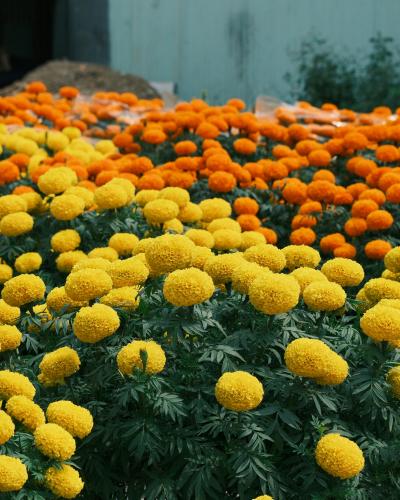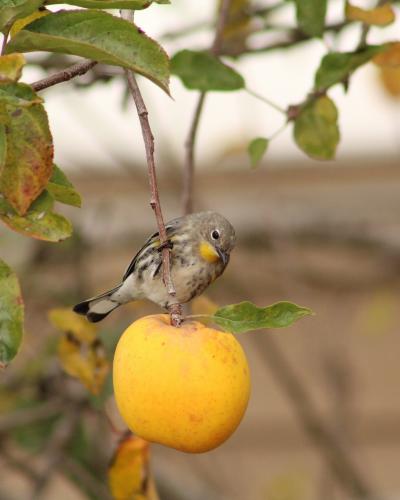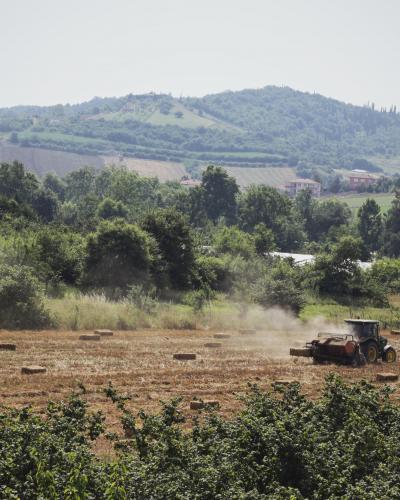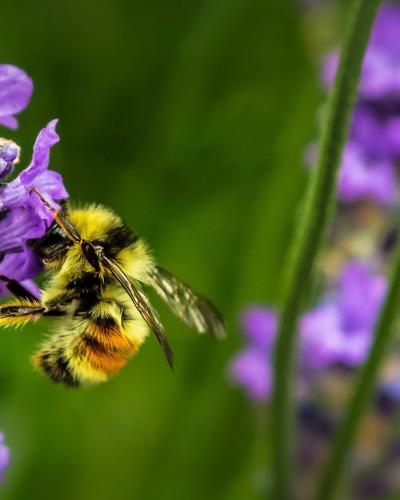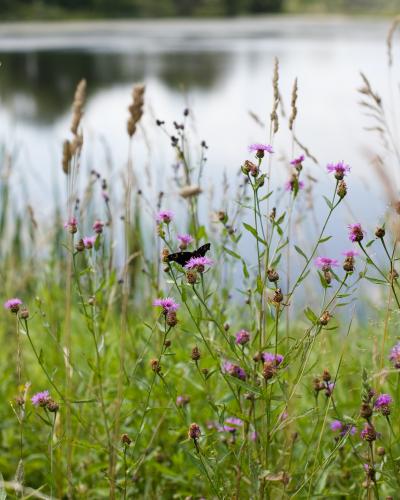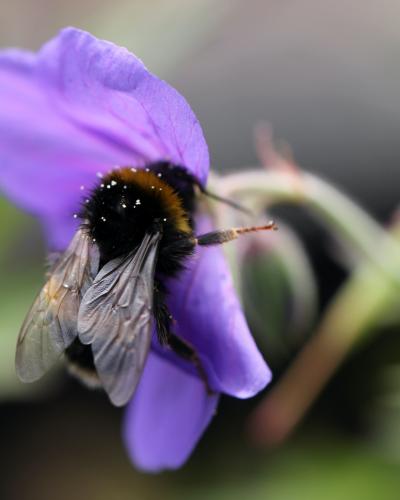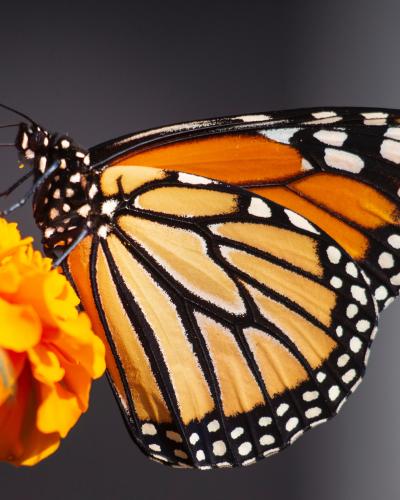Organic practices in greenhouse tomato operations significantly reduce pest populations while maintaining comparable yields...
Aug 30, 2023
Birds from organic farms exhibit more vitality than those who live on conventional farms, according to a recent French study. Organic birds exhibit a higher rate of active behaviors including...
Sep 23, 2022
Biodiversity is a term used to refer to the number of species in one region or ecosystem, and for the first time,...
Dec 13, 2021
A recent study published in the journal Insect Conservation and Diversity found that non-crop flowering fields are helpful in attracting bumblebees to cropland, but organically managed crops rich...
Dec 06, 2021
A new study published in the Journal of Applied Ecology shows the importance of maintaining biodiversity to achieve natural pest control and reduce the use of insecticides. Specifically, the study...
Nov 15, 2021
Industrialized chemical agriculture has caused a decline of many important insects across the globe, while organic farming can promote biodiversity by using fewer harmful sprays and by providing...
Nov 01, 2021
The ever-growing global population demands more food production, while at the same time, increased farming intensity has contributed to the depletion of important insect populations. A recent...
Sep 27, 2021
Climate change has increased extreme weather events like flood and drought, while population growth and development have caused habitat loss and fragmentation, and both of these climate and land...
May 17, 2021
Most farmers want to employ practices that benefit human and environmental health, but connecting the dots between wanting and successfully implementing can be complicated, particularly when...
Apr 05, 2021
A recent study published in the journal Frontiers in Ecology and Evolution has found pesticide contamination of milkweed, the host plant of monarchs, across multiple landscape types, exposing the...

